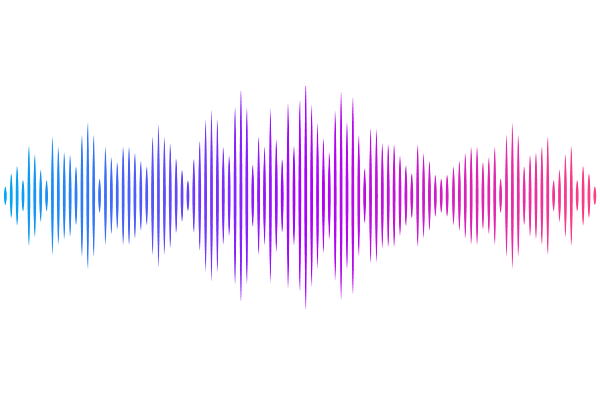MASCARA: coexpression analysis in data from designed experiments

MASCARA: coexpression analysis in data from designed experiments
White, F.; Heintz-Buschart, A.; Dong, L.; Bouwmeester, H.; Westerhuis, J.; Smilde, A.
AbstractExperiments in plant transcriptomics are usually designed to induce variation in a pathway of interest. Harsh experimental conditions can cause widespread transcriptional changes between groups. Discovering coexpression within a pathway of interest (here the strigolactone pathway) in this context is hampered by the dominant variance induced by the design. Minor changes in experimental conditions not controlled for may affect the plants, leading to small coordinated differences in genes within pathways of interest and related pathways between replicate plants in the same controlled experimental condition. These systematic differences are usually averaged out, but we argue here that they can be used to improve the detection of genes that co-express. We introduce a novel framework MASCARA which combines ANOVA simultaneous component analysis and partial least squares to remove the experimentally induced variance and investigate multivariate relationships in the non-designed variance. MASCARA is tested against a selection of competitors on simulated data, created to mimic a designed transcriptome study, where its benefit is demonstrated. In a coexpression analysis of a real dataset MASCARA detects several uncharacterised but relevant transcripts. Our results indicate that there is sufficient structure left in a typical dataset after correcting for experimental variance and that this residual information is useful to investigate coexpression.